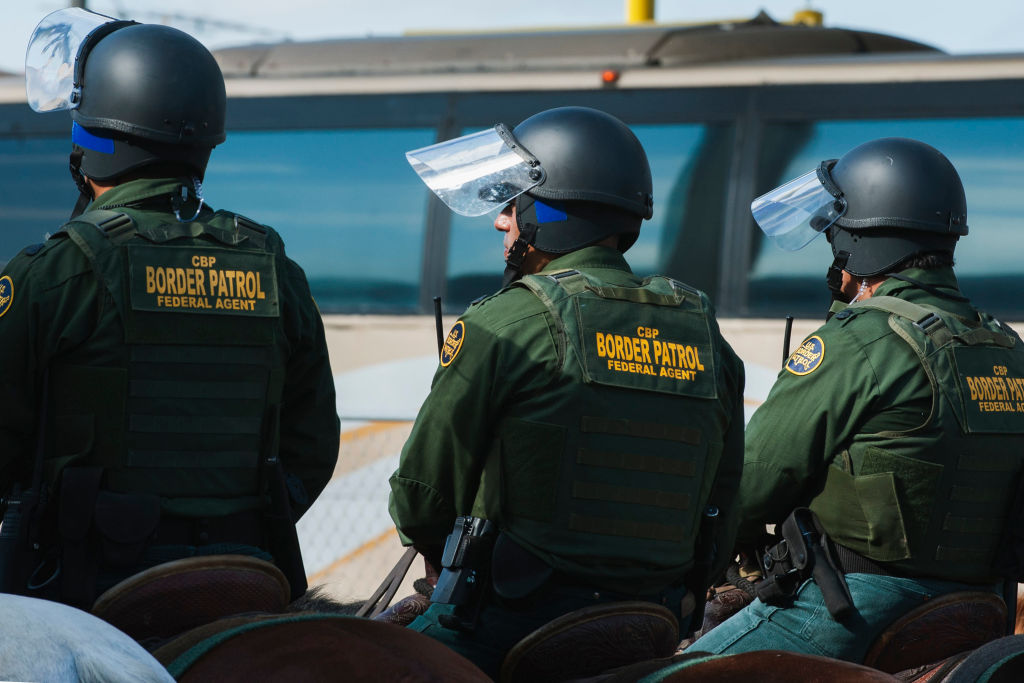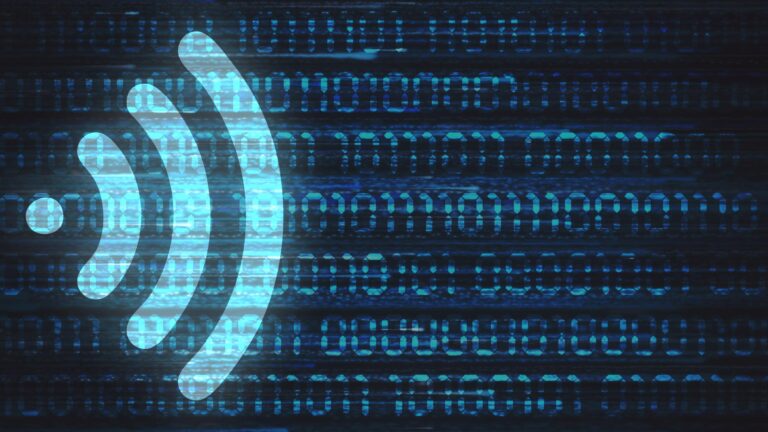The United States government violated the Fourth Amendment with its suspicionless searches of international travelers' phones and laptops, a federal court ruled today.
The ruling came in a case filed "on behalf of 11 travelers whose smartphones and laptops were searched without individualized suspicion at US ports of entry," the American Civil Liberties Union (ACLU) said today. The ACLU teamed up with the Electronic Frontier Foundation (EFF) to fight the government on behalf of plaintiffs including 10 US citizens and one lawful permanent resident.
The order from a US District Court in Massachusetts limits what searches can be made by US Customs and Border Protection (CBP) and US Immigration and Customs Enforcement (ICE).
"The district court order puts an end to CBP and ICE's asserted authority to search and seize travelers' devices for purposes far afield from the enforcement of immigration and customs laws," the ACLU announcement said. "Border officers must now demonstrate individualized suspicion of contraband before they can search a traveler's device."
Because of the ruling, travelers will be able to "cross the international border without fear that the government will, in the absence of any suspicion, ransack the extraordinarily sensitive information we all carry in our electronic devices," EFF Senior Staff Attorney Sophia Cope said.
The US government could appeal the ruling.
Judge: Searches require reasonable suspicion
US District Judge Denise Casper's ruling granted the plaintiffs' request for a declaration that the government violated their constitutional rights by conducting searches and seizures "of electronic devices absent a warrant supported by probable cause."
The ruling said:
[T]he Court declares that the CBP and ICE policies for "basic" and "advanced" searches, as presently defined, violate the Fourth Amendment to the extent that the policies do not require reasonable suspicion that the devices contain contraband for both such classes of non-cursory searches and/or seizure of electronic devices; and that the non-cursory searches and/or seizures of plaintiffs' electronic devices, without such reasonable suspicion, violated the Fourth Amendment.
CBP defines "advanced" searches as those "in which an officer connects external equipment, through a wired or wireless connection, to an electronic device, not merely to gain access to the device, but to review, copy and/or analyze its contents." Anything short of that is a "basic" search.


 Loading comments...
Loading comments...
